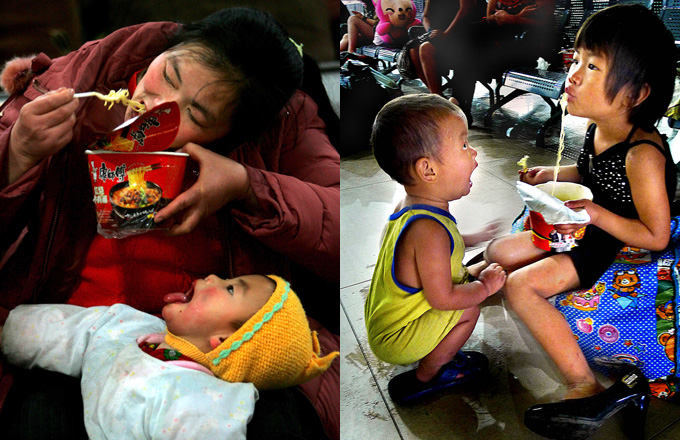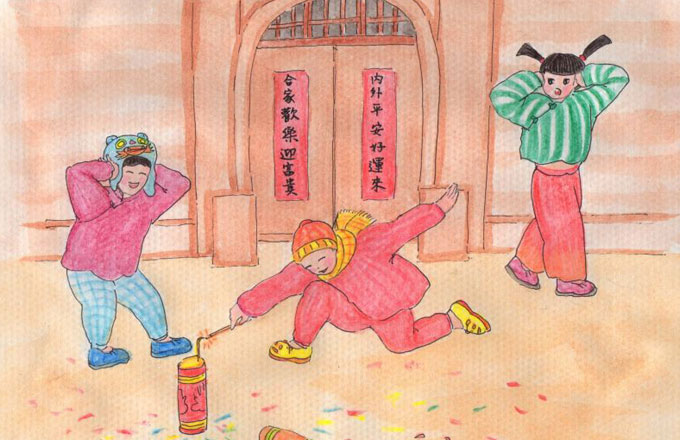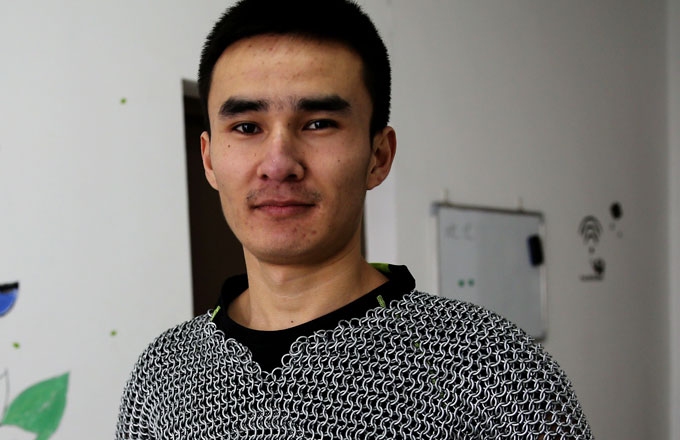Increase in rural nursing homes set
The central government will increase financial investment to boost the construction of special nursing homes for rural elderly people, Jiang Li, vice-minister of civil affairs, revealed on Friday.
The Civil Affairs Ministry and the Ministry of Finance will allocate 1 billion yuan ($160.7 million) each year until 2015 for rural areas, and the funding will be mainly used for building more facilities that can enable left-behind senior residents to help take care of each other in rural areas, Jiang said at a news conference during the annual sessions of the top legislature and political advisory body.
The funding comes from the revenue of welfare lottery sales, said Jiang, a member of the 12th National Committee of the Chinese People's Political Consultative Conference.
Taking care of the elderly in rural areas has become the most prominent problem facing China, said Chen Chuanshu, deputy director of the China National Committee on Aging and an NPC deputy.
"The problem of supporting senior citizens in rural areas is not about money, but the fact that there is no one by their side to attend to their needs," he said.
There were 112 million residents aged 60 or older in countryside at the end of 2012, accounting for 17 percent of China's permanent rural residents, Chen said.
"A lot of the elderly live on their own, and their grown-up children have moved to cities," he said.
This group of senior citizens faces the biggest difficulty. "If they fall ill, no one will know," he said.
At present, the government can take care only of senior citizens who cannot work to support themselves and have no children to support them. They live in rural homes built to provide basic needs for the elderly.
"But it is impossible for the government to take care of this group whose children are not by their side, because this group of people is too big in number," he said.
Wang Suying, deputy head of the ministry's department of social welfare and charity promotion, told China Daily that the construction of facilities is the first step in establishing the social support network for rural elderly.
"We have noticed that many villages have become ‘hollow' as the working-age migrant workers have left for cities with their spouses and children but left their old parents in rural areas," she said.
She also pointed to the worrying trend of an increased suicide rate among rural elderly who live on their own and feel overwhelmed by loneliness.
"The facilities can create more chances for those old villagers to mingle with their peers and help each other," she said.
Wang Ming, a CPPCC member who is the director of the NGO Research Center at Tsinghua University in Beijing, said he agreed with Premier Wen's strategic thinking of establishing the social support network for aging, which was pinpointed in his Government Work Report.
Wang said after in-depth studies on aging in Zhejiang and Jiangsu provinces last year, he realized that even in China's most developed eastern areas the supporting network is yet to be built.
"It's not about the government pouring lots of money into building nursing homes for seniors. Aging requires joint efforts from the government, enterprises, families and even senior people," he said.
The veteran political adviser said that based on the survey results of more than 1,000 questionnaire interviews, about 80 percent of the elderly respondents said they will turn to their children for help if they meet any trouble.
Contact the writers at hedan@chinadaily.com.cn and xindingding@chinadaily.com.cn
- Heavy fog closes down China expressways, airport
- Chinese vice premier stresses community health care
- Chinese innovations solidify its importance in global tech industry: CTA president
- Promises, promises ... New Year's resolutions of Chinese youths
- Professor Yao Tandong to be awarded 2017 Vega Medal by SSAG


















